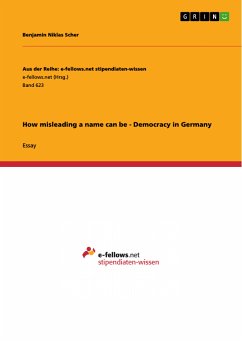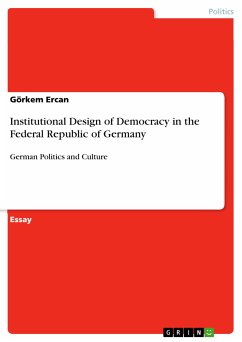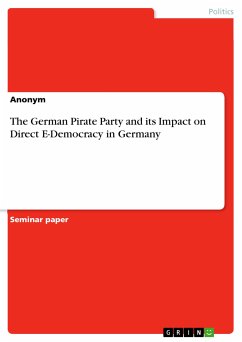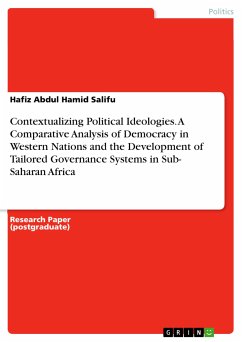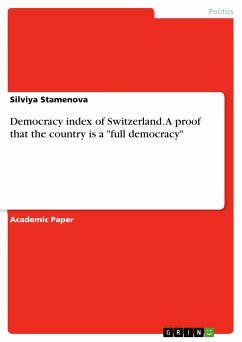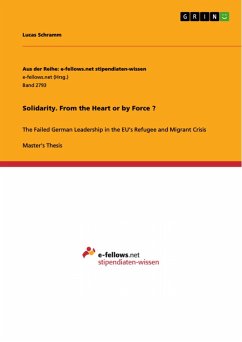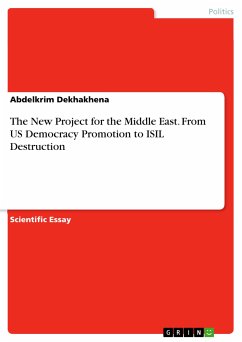Essay from the year 2012 in the subject Politics - Political Systems - Germany, grade: 2,00, Jacobs University Bremen gGmbH, language: English, abstract: Bogaards identifies two broad possibilities how to capture a regime change. Either "[...] through a change of scores on a scale or index of democracy." or "Trough a change of categories. These categories can come directly from categorical coding schemes or can be derived indirectly from scores." (Bogaards, 2010) This paper compares two of those measures, namely National Elections across Democracy and Autocracy (NELDA) and Freedom House. These two will be subject to a cross-comparison with the case study of Germany. Nelda is an almost exclusively dichotomous measure which is set up out of 58 questions concerned with the election procedure of a country. 55 measures are yes-no questions, hence dichotomous while three allow free-text answers. Nelda's country selection follows the List of Independent States by Gleditsch and Ward. NELDA draws it's out of a secondary data analysis of a variety of sources, including data handbooks for the specific regions and several official reports. (A full list of sources can be found at http://hyde.research.yale.edu/nelda/#sources)(Hyde & Marinov, 2012) For our purpose we only consider three variables out of the 58, namely Nelda 3 to 5 which measure whether opposition is allowed, whether more than one party was legal, and whether there was a choice of candidates on the ballot. Freedom house is a NGO that conducts research on democracy, political freedom and human rights. Their most important annual publication is the Freedom in the World Report. (Freedom House, 2012) It measures Political right and civil liberty with a total of 25 questions using a continuous scale from four to zero. The results are transformed in a fixed mathematical procedure and countries are ranked in an again continuous final scale between one (most free) and seven (not free) in each category. After Combining the results countries are finally ranked as not free (5.5-7), partly free (3-5), or free (1-2.5). (Freedom House, 2012) It is important to notice that Freedom house as the name implies primarily is a measure of freedom - not democracy. However democracy is one part of the Freedom house analysis. To be considered as an electoral democracy a country only has to fulfill four criteria: A political system that allows for a plurality of parties and competition in between them, fair voting rights, secret, fair and regular elections, and free access to the political field and campaigning. (Bogaards, 2012)
Dieser Download kann aus rechtlichen Gründen nur mit Rechnungsadresse in A, B, BG, CY, CZ, D, DK, EW, E, FIN, F, GR, HR, H, IRL, I, LT, L, LR, M, NL, PL, P, R, S, SLO, SK ausgeliefert werden.

